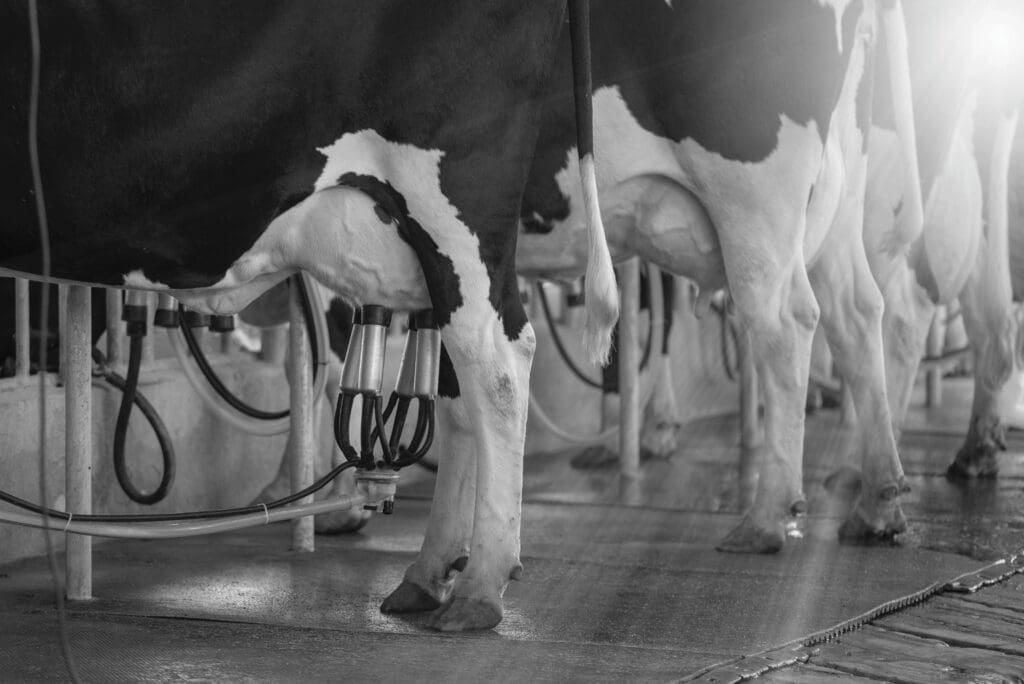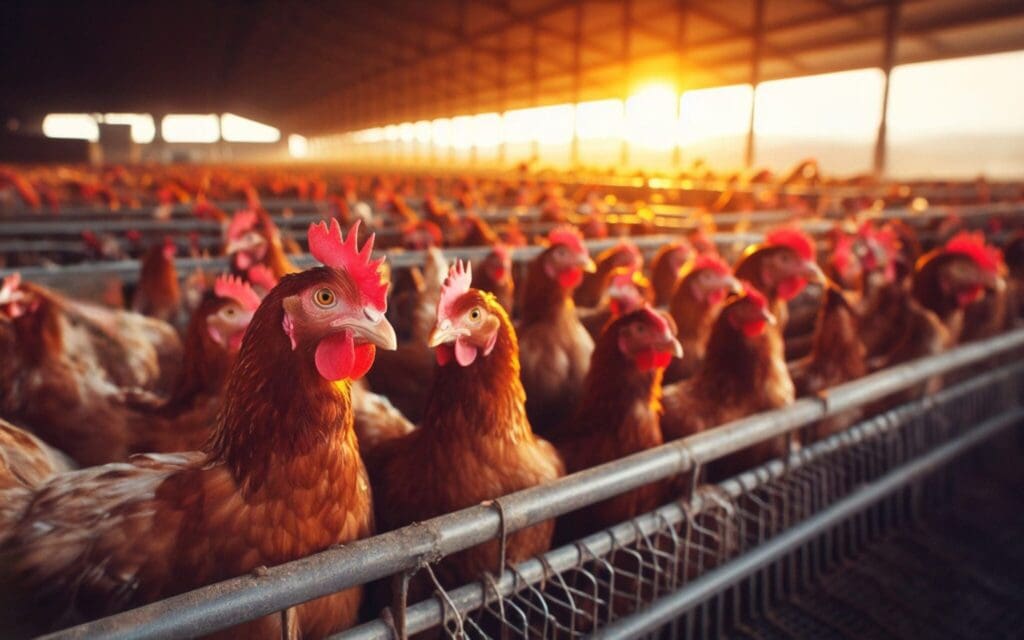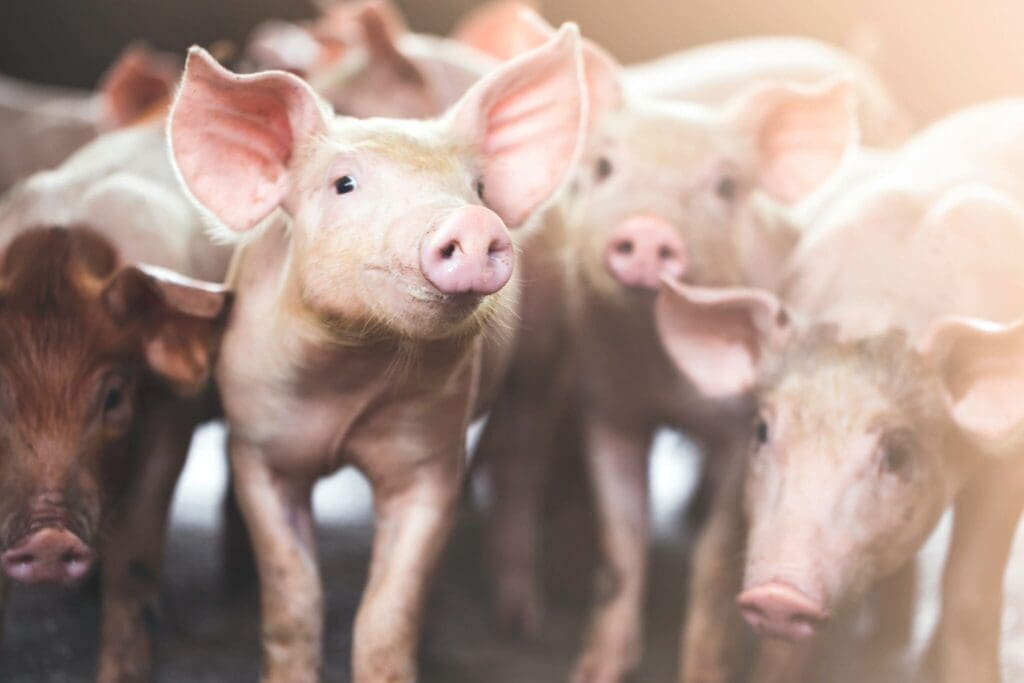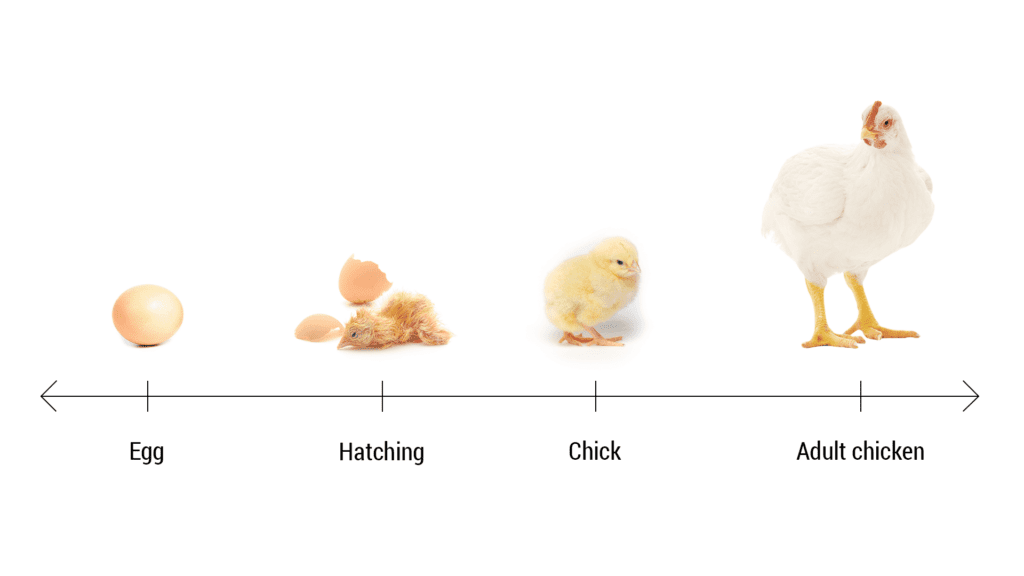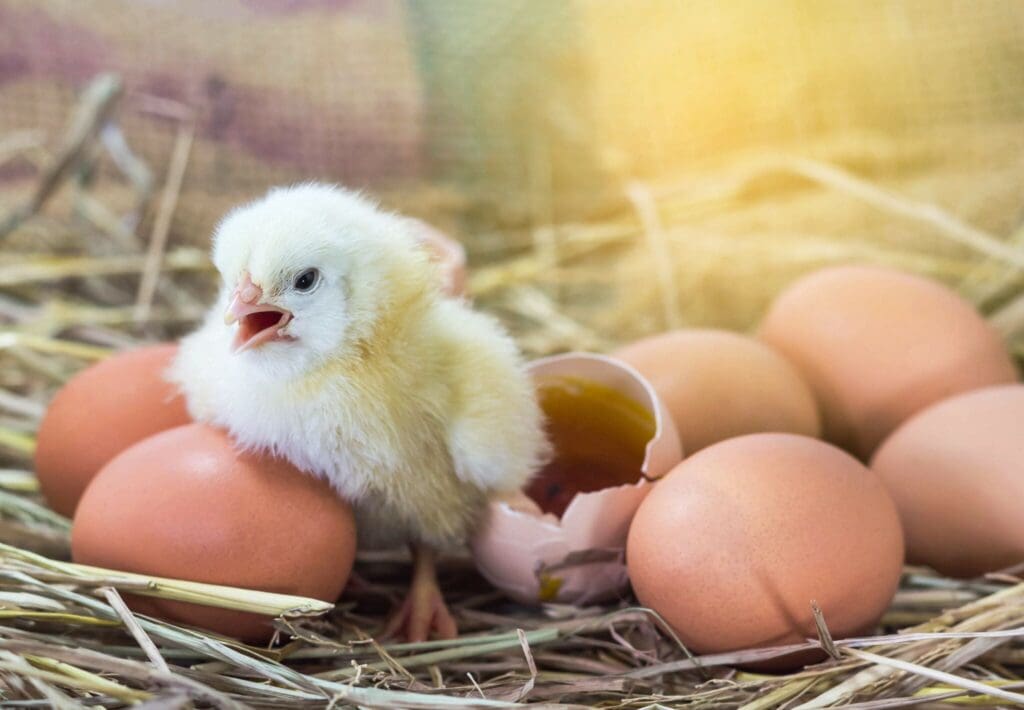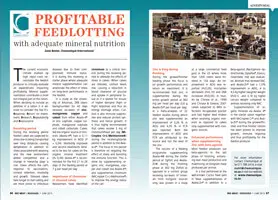Receiving period
During the receiving period feedlot calves are subjected to stress due to being transported over long distances causing dehydration in addition to stress associated with weaning and the new environment where competition and a change in hierarchy plays a role. Stress affects the calf’s response to vaccinations, mineral retention, morbidity and growth. Stressed calves take longer to start eating and are more prone to infectious diseases due to their compromised immune status. It is during this receiving or starter phase where adequate mineral supplementation can ameliorate the effect of stress on long-term performance in the feedlot. In a study at the University of Arkansas, 288 steers backgrounded for 42 days received iso-levels of zinc, manganese, copper and cobalt from either Availa-4® or zinc sulphate, copper sulphate, manganese sulphate and cobalt carbonate. Calves fed the organic source of minerals (Availa-4®) had a 0,11 kg improvement in ADG (P = 0,04). Morbidity improved and second treatments tended to be less for calves on the organic mineral treatment (P= 0,09). Availa-4® is recommended for the first 21 to 28 days of the feeding period at 7 g per head per day. Importance of chromium in stressed calves Researchers have identified chromium as a critical mineral during the receiving period to alleviate the effects of stress in calves. When calves are stressed, cortisol levels rise, causing a reduction in blood clearance of glucose and uptake in peripheral tissue as it is spared for tissues of higher demand (fight or flight response) and thus an energy shortage arises. Cortisol is also immune suppressive and reduces protein synthesis and hence growth. It is thus highly recommended that calves receive 3 mg of chromium/head per day (Mi-Croplex Cr-L-Methionine®) during the receiving/starter period in addition to the Availa-4®. The focus in this period is therefore on negating the effect of stress and boosting the immune function. This is done by supplementing organic zinc, manganese, copper and cobalt (via Availa-4®) and supplemental chromium (MiCroplex Cr-L-Methionine®) to improve the energy status of the calf. (Download full article)Chemuniqué empowers feed and food producers with the most innovative animal performance solutions, enabling our clients to consistently advance the efficiency of production.
